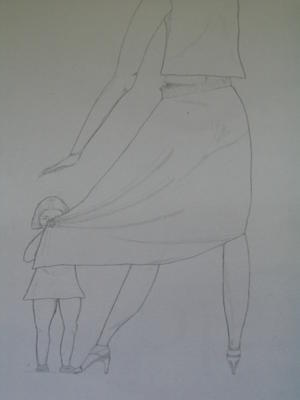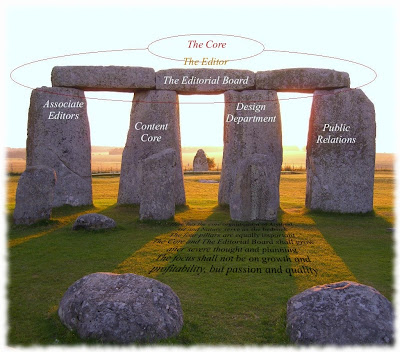Ghazal
.
.
.
Let us consider a ghazal to facilitate this discussion and what better than a ghazal from the first album I had heard while sitting on my father’s lap and to that memory, I dedicate this article. Thetranslation is not of comparable literary value as the original ghazal, and serves the mere purpose of providing those, who find Urdu an alien tongue, a coarse outline of the poet’s creation.
Yeh dil, yeh pagal dil mera, kyun bujh gayaa, aawaragi
Is dasht me ek shehar tha, wo kya hu-aa, aawaaragi
This heart, this foolish heart of mine; why did it die? Loneliness.
In this wilderness, a beautiful city thrived; what happened to it? Loneliness.
Kal shab mujhe, beshakl ki aawaz ne chaunka diya
Maine kaha "tu kaun hai", usne kahaa "aawaaragi"
Last night, a faceless voice caught me by surprise
I asked, “Who are you?” and it said “Loneliness”
Ye dard ki tanhaaiyaan, ye dasht ka veeraan safar
Hum log to ukhta gaye, apni sunaa aawaargi
(In) this pain of solitude and lonely travel through the desert
We soon got bored, So, tell us more about your(self) “loneliness”
A sudden unknown waft asked me about the cause of my sadness
On the wet sands of the desert, I wrote thus: “Loneliness”.
.
.
.
.
Let us consider a ghazal to facilitate this discussion and what better than a ghazal from the first album I had heard while sitting on my father’s lap and to that memory, I dedicate this article. Thetranslation is not of comparable literary value as the original ghazal, and serves the mere purpose of providing those, who find Urdu an alien tongue, a coarse outline of the poet’s creation.
Yeh dil, yeh pagal dil mera, kyun bujh gayaa, aawaragi
Is dasht me ek shehar tha, wo kya hu-aa, aawaaragi
This heart, this foolish heart of mine; why did it die? Loneliness.
In this wilderness, a beautiful city thrived; what happened to it? Loneliness.
Kal shab mujhe, beshakl ki aawaz ne chaunka diya
Maine kaha "tu kaun hai", usne kahaa "aawaaragi"
Last night, a faceless voice caught me by surprise
I asked, “Who are you?” and it said “Loneliness”
Ye dard ki tanhaaiyaan, ye dasht ka veeraan safar
Hum log to ukhta gaye, apni sunaa aawaargi
(In) this pain of solitude and lonely travel through the desert
We soon got bored, So, tell us more about your(self) “loneliness”
Ek ajanabi jhaunke ne jab, poochha mere gam ka sabab
Sehara ki bhigi ret par, maine likhaa "aawaaragi"
Sehara ki bhigi ret par, maine likhaa "aawaaragi"
A sudden unknown waft asked me about the cause of my sadness
On the wet sands of the desert, I wrote thus: “Loneliness”
.
.



